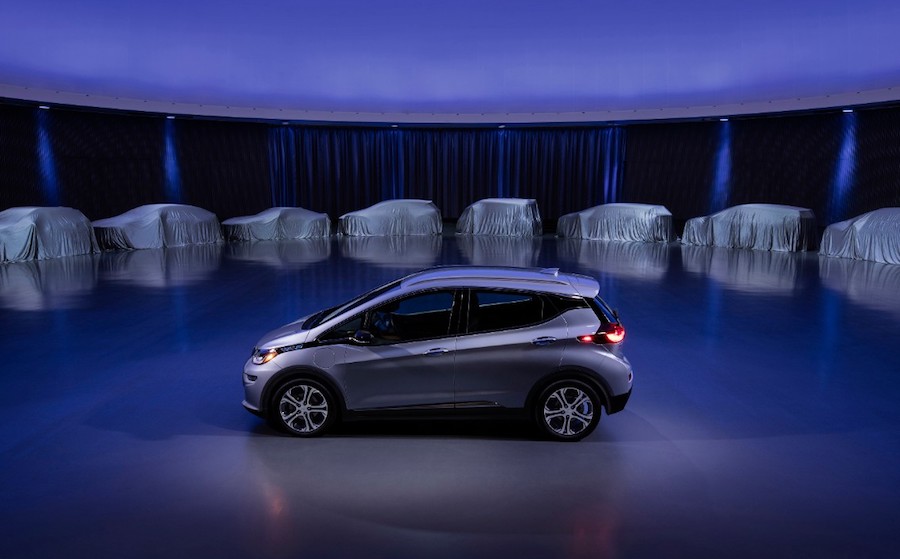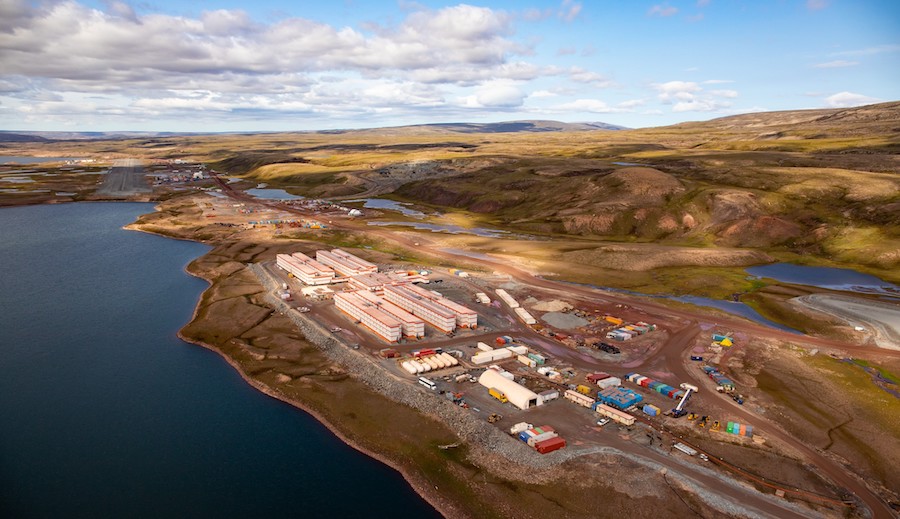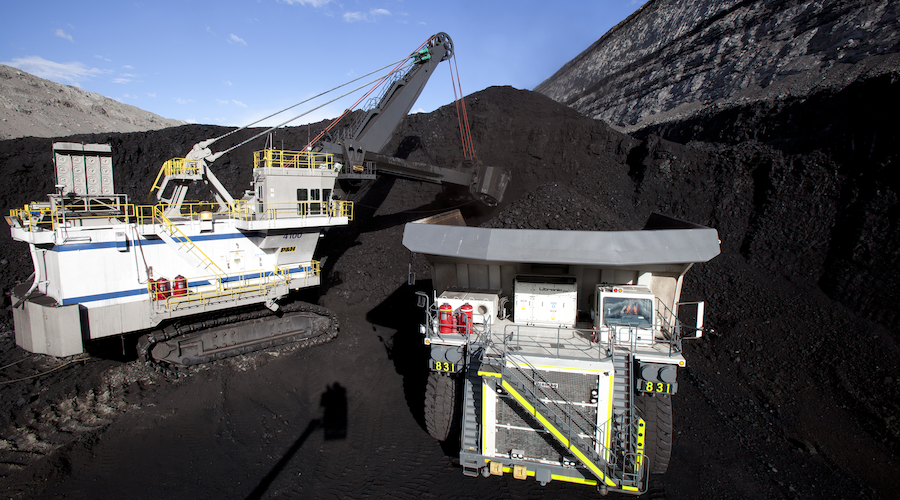Mining
Thursday, September 22nd, 2022 5:56 am EDT

The companies said that third-party lifecycle analysis show that Lithion’s technology has a recovery rate of over 95%. As it uses green energy, the company’s technology and operations will reduce greenhouse gas emissions by over 75% and water usage by over 90% compared to mining battery materials, they said.
Unfazed by the slowing global economy, buyers of key components in the powering of EVs are stepping up efforts to lock in supplies.
GM is aggressively scaling battery cell and EV production in North America to reach its target of more than one million units of annual capacity by 2025. The automaker also aims to eliminate tailpipe emissions from all its new light-duty vehicles by 2035.
“We are building a supply chain and recycling strategy that can grow with us,” Jeff Morrison, GM vice president, global purchasing and supply chain said in the statement.
In August, Ultium Cells, GM’s joint venture with LG Energy Solution, opened its first US. battery cell plant, with two additional plants under construction.
A fourth planned battery cell plant will bring GM’s projected total US battery capacity to 160 GWh.
Covered
GM says the binding agreements it has in place guarantee that all its battery raw material need will be met, allowing it to reach annual planned of 2 million battery-powered cars a year by 2025. That’s when GM will be ramping up production of about 30 electric models globally.
As the company moves forward, it will work to increasingly localize its battery materials supply chain to North America, it said.
Lithion will launch its first commercial recycling operations in 2023. The opening of this facility, with a capacity of 7,500 tonnes per year of lithium-ion batteries, will be followed in 2025 by the launch of Lithion’s first hydrometallurgical plant.
This post has been syndicated from a third-party source. View the original article here.




